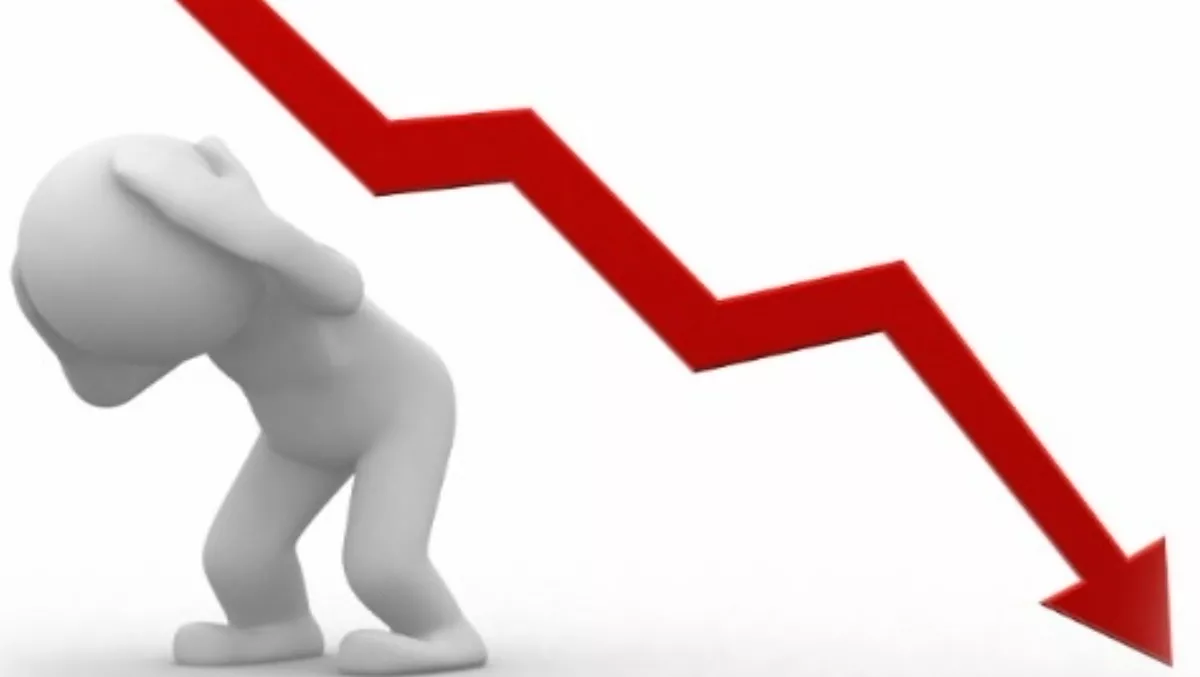
A sharp slowdown in China would hurt commodity exporting countries like New Zealand and Australia and spill over into Pacific Island countries, the World Bank says in its latest East Asia Pacific Update.
The global institution yesterday lowered its 2015 growth forecast for China, Asia's largest economy, to 7.1 percent from a previous estimate of 7.2 percent, and its 2016 estimate to 7 percent from 7.1 percent. China will release its first quarter gross domestic product data tomorrow, which is expected to show the economy expanded 7 percent from a year earlier, according to a Bloomberg survey of economists. That would be the slowest pace since the first quarter of 2009.
The Australian and New Zealand dollars fell sharply yesterday after new Chinese trade data showed export sales contracted 15 percent in March from March last year, while imports shrank 12.7 percent, the third straight month of declines, raising concerns about weak domestic demand. China is the largest trading partner for Australia, where the price for its biggest export, iron ore, has slumped, and also the largest for New Zealand, where China is the biggest buyer of commodities such as milk powder and logs.
The World Bank said a sharp slowdown in China is unlikely, given the substantial policy buffers available. However, should it materialise, there would be large spillovers across the region. A one-time 1 percentage point decrease in China's GDP growth relative to the baseline would reduce growth in the region by about 0.2 of a percentage point, it estimates.
"The impact would be relatively larger for commodity exporters, and for economies more tightly integrated into regional supply chains," the World Bank said. "The significant negative impact on Australia and New Zealand, among the world's largest commodity suppliers, would lead to indirect spillovers on the Pacific Island countries, given their tight links through trade, investment and aid."
In 2014, China's economic growth slowed to its weakest in 24 years, expanding 7.4 percent last year from 7.7 percent in 2013. To achieve this year's growth target of about 7 percent, Premier Li Keqiang may need to add new policy support, Bloomberg reported.
As well as GDP, China is also scheduled tomorrow to release March data on retail sales, industrial production and fixed asset investment.